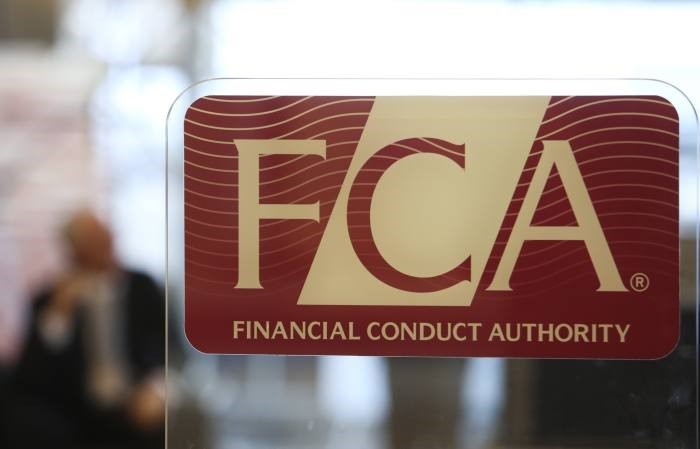The Finance and Leasing Association (FLA) has welcomed changes to Financial Conduct Authority (FCA) legislation which will allow motor finance firms to resume car repossessions from motorists who miss regular repayments.
The FCA announced yesterday (January 13) that car finance providers and other lenders, who had been banned from making repossessions during the COVID-19 coronavirus crisis, can resume seizures of vehicles and goods for non-payment from January 31.
Commenting on the Financial Conduct Authority’s proposed update to the guidance on repossessing vehicles, Adrian Dally, head of motor Finance at the FLA, said: “This is a welcome move as it allows lenders and consumers to decide together on the best outcome.
“If a customer still needs their vehicle due to vulnerability, lenders will of course take that into consideration, but where a customer’s circumstances have changed so that they do not need their vehicle any longer and repossession is the best option, it is absolutely right that lenders can now offer that solution.”
The ban on repossessions had come into play during the early weeks of the pandemic before being further extended until the end of January 2021.
At the start of the crisis, Dally was among those calling for understanding from lenders, stating that every effort should be made to keep motorists “in their cars” as coronavirus inhibits some consumers’ ability to make repayments.
While repossessions must remain “a last resort”, the FCA has now proposed that the prohibition on home repossessions continue until April but has said that car finance providers will be able to remove vehicles from non-paying customers from the end of this month.
It said that extending the moratorium still further may leave people with unsustainable bills, especially considering the shorter terms and higher costs of these finance agreements and the depreciating value of the assets.
“Firms will also be expected to consider the impact on customers who may be vulnerable, including because of the pandemic, when deciding whether repossession of goods or vehicles is appropriate,” it said.

















Login to comment
Comments
No comments have been made yet.